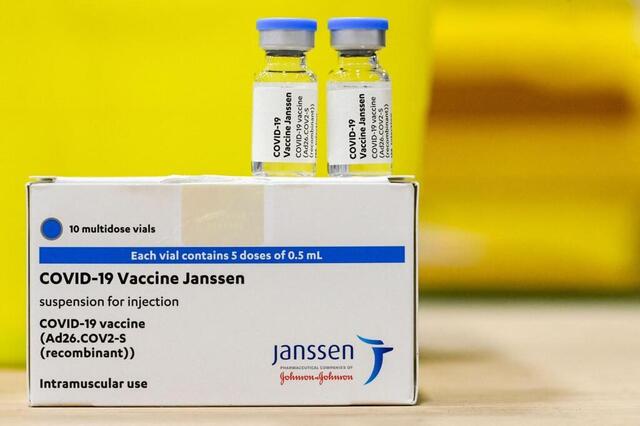People who receive a second dose of the single-shot Johnson & Johnson coronavirus vaccine have up to nine times more antibodies in their blood, the company announced on Thursday.
This second 'booster' shot, administered six to eight months after the first dose, generated "a rapid and robust increase in spike-binding antibodies," nine times higher than 28 days after the primary single-dose vaccination, according to a press release.
"With these new data, we also see that a booster dose of the Johnson & Johnson Covid-19 vaccine further increases antibody responses among study participants who had previously received our vaccine,” said Mathai Mammen, Global Head of Research & Development at Johnson & Johnson.
Related News
- Pfizer and Moderna increase price of coronavirus vaccines in Europe
- Pfizer vaccine still effective for new variants, says BioNTech head
- Lower infection rates confirm vaccine effectiveness
"We look forward to discussing with public health officials a potential strategy for our Johnson & Johnson Covid-19 vaccine, boosting eight months or longer after the primary single-dose vaccination," he added.
Significant increases in binding antibody responses were found, especially in participants between ages 18 and 55, and in over-65s who received a lower booster dose.
In principle, the more antibodies someone has in their blood, the better they should be protected against the virus. However, in the case of the coronavirus, it is not entirely clear yet how high the number of antibodies someone should have in order to be fully protected.
The data come from the results of a clinical study conducted on 2,000 people.

